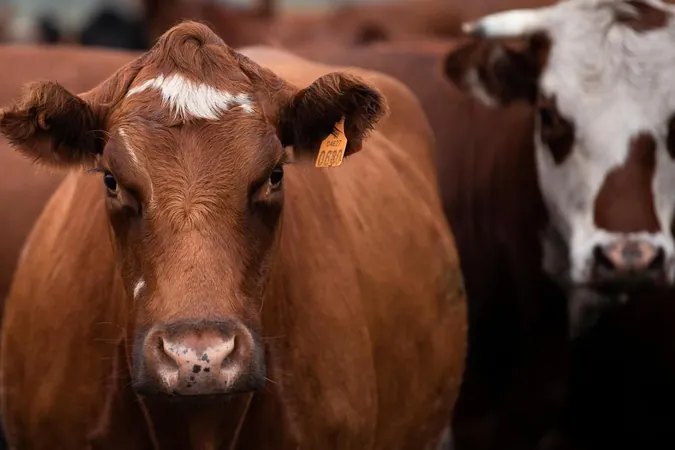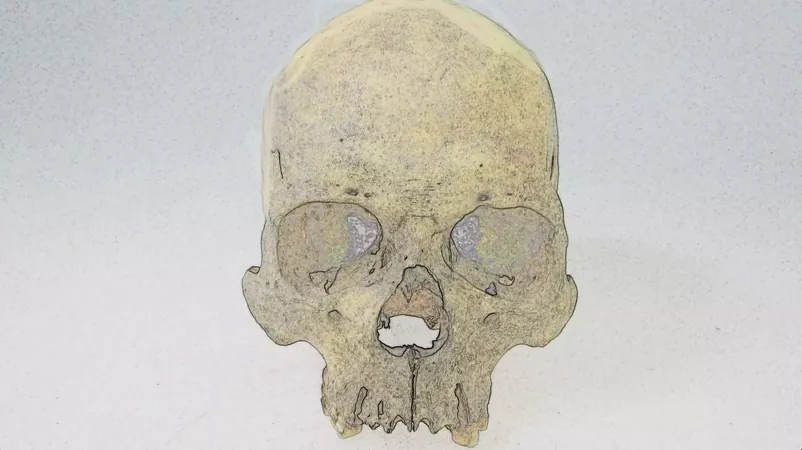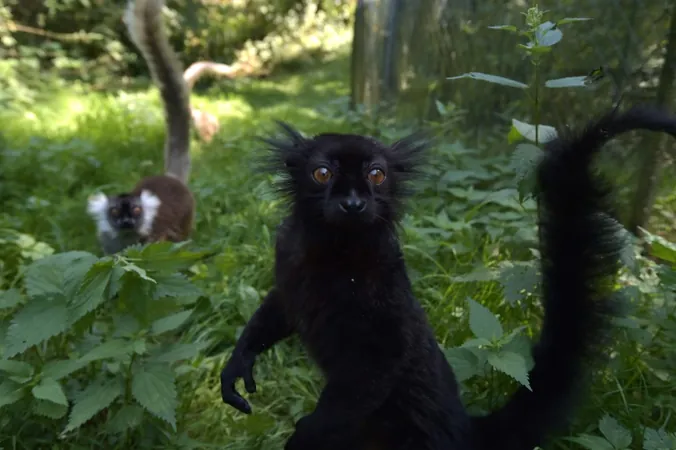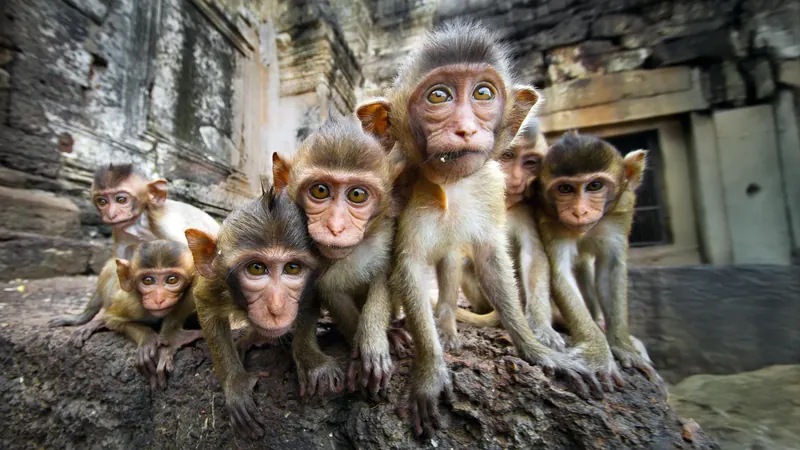
Atypical 'Mad Cow' Case Raises Eyebrows in the UK, But No Need to Panic!
2025-05-20
Author: Yu
In a surprising twist, a rare case of atypical 'mad cow disease' has been detected on a farm in eastern England. The revelation, announced by Britain's animal health agency on May 20, has raised questions, but officials assure the public there is no food safety risk.
A cow in Essex exhibited clinical symptoms of bovine spongiform encephalopathy (BSE) and was promptly culled to prevent any potential spread. This announcement coincided with a significant moment for the UK—just one day after signing a post-Brexit agreement with the European Union that aims to reduce checks on food and plant products.
First identified nearly 40 years ago, BSE has left an indelible mark on the beef industry, causing global turmoil. However, chief veterinary officer Christine Middlemiss clarified, 'Atypical BSE is distinct from classical BSE. It is a non-contagious disease that occurs sporadically and is believed to exist at a very low prevalence in cattle populations.'
Unlike the classical variant, which can be transmitted through contaminated animal feed, atypical BSE tends to emerge in older cattle. This marks the fourth incident of atypical mad cow disease in the UK since 2015, with the last case noted in Scotland in December 2024.
While atypical BSE poses little threat to humans, the classic form has been linked to Creutzfeldt-Jakob disease if infected meat is consumed. However, James Cooper, deputy director of food policy at the Food Standards Agency, reassured citizens: 'There is no food safety risk' associated with this latest case.
Stringent controls are firmly in place to protect consumers, including regulations regarding animal feed and removal of potentially risky cattle parts. The government has also notified the World Organisation for Animal Health and trading partners about the incident.
Rest assured, this discovery will not hinder the UK's ability to export beef internationally. After a devastating BSE epidemic in the 1990s that saw millions of cows culled, the country is now poised to continue selling its beloved burgers and sausages throughout the EU, thanks to the recent trade deal.




 Brasil (PT)
Brasil (PT)
 Canada (EN)
Canada (EN)
 Chile (ES)
Chile (ES)
 Česko (CS)
Česko (CS)
 대한민국 (KO)
대한민국 (KO)
 España (ES)
España (ES)
 France (FR)
France (FR)
 Hong Kong (EN)
Hong Kong (EN)
 Italia (IT)
Italia (IT)
 日本 (JA)
日本 (JA)
 Magyarország (HU)
Magyarország (HU)
 Norge (NO)
Norge (NO)
 Polska (PL)
Polska (PL)
 Schweiz (DE)
Schweiz (DE)
 Singapore (EN)
Singapore (EN)
 Sverige (SV)
Sverige (SV)
 Suomi (FI)
Suomi (FI)
 Türkiye (TR)
Türkiye (TR)
 الإمارات العربية المتحدة (AR)
الإمارات العربية المتحدة (AR)